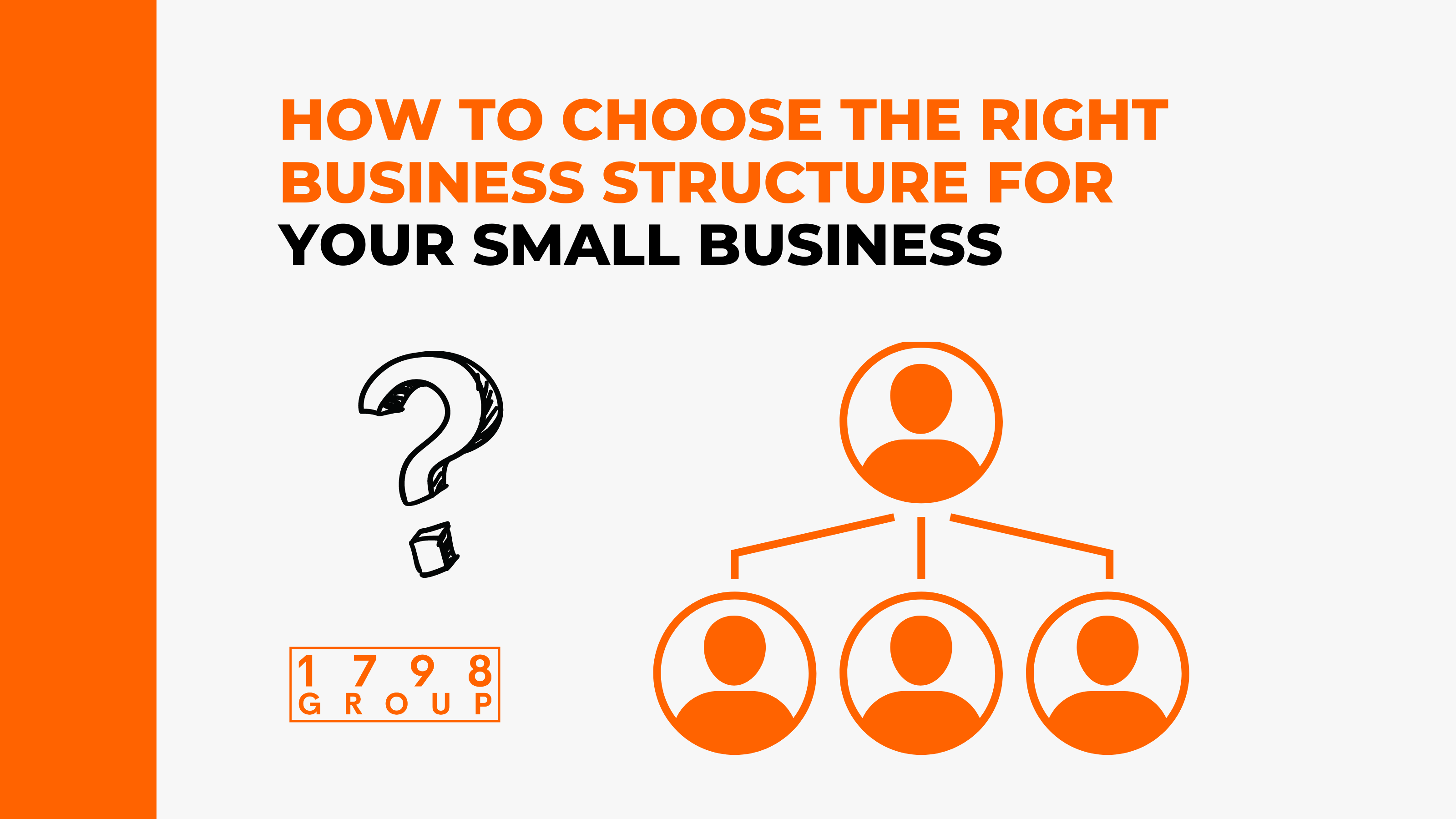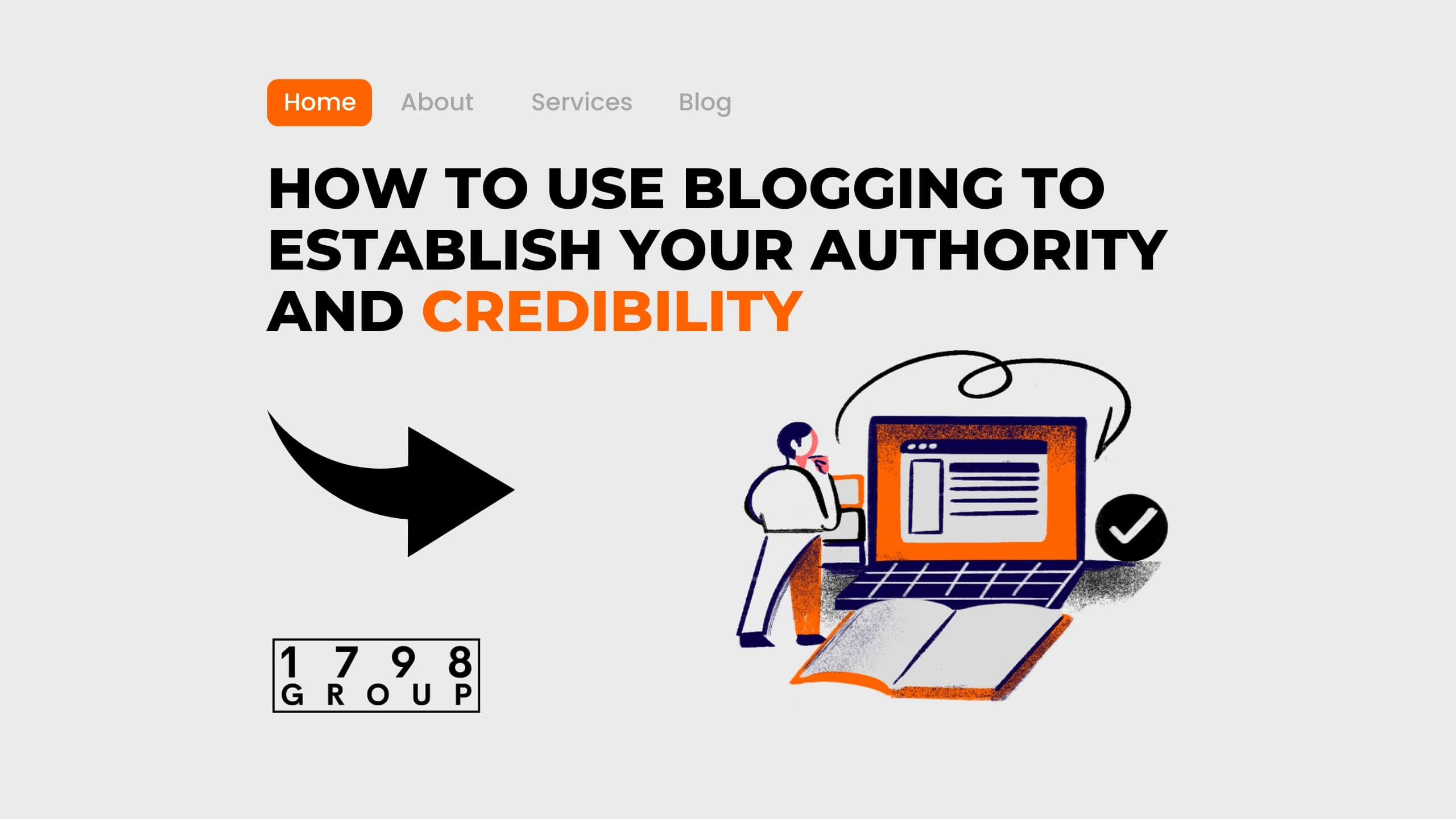
When starting a small business, one of the most important decisions you’ll make is choosing the right business structure. Your choice of business structure will impact many aspects of your business, from taxes and liability to ownership and management. There are several different business structures to choose from, each with its own pros and cons. In this article, we’ll walk you through the different types of business structures and help you choose the right one for your small business.
Sole Proprietorship
A sole proprietorship is the simplest and most common form of business structure. It’s easy to set up and run, as it involves only one owner who is responsible for all aspects of the business. As a sole proprietor, you’ll have complete control over your business, but you’ll also be personally liable for any debts or legal issues that arise. This means your personal assets could be at risk if your business is sued or goes bankrupt.
Partnership
A partnership is a business structure where two or more owners share the responsibilities and profits of the business. Partnerships can be general, where all partners share equal responsibility and liability, or limited, where one or more partners have limited liability. Partnerships are easy to set up and offer more resources and expertise than a sole proprietorship, but they can also come with disagreements and legal issues.
Limited Liability Company (LLC)
An LLC is a hybrid business structure that combines the benefits of a sole proprietorship or partnership with the limited liability of a corporation. As an LLC owner, you’ll have limited liability for any debts or legal issues, but you’ll also have the flexibility to choose how your business is taxed. LLCs can be owned by one or more people and can be managed by the owners or by a separate manager.
Corporation
A corporation is a legal entity that is separate from its owners. As a corporation owner, you’ll have limited liability for any debts or legal issues, but you’ll also have to follow more complex regulations and formalities. Corporations can issue stock and raise capital, and they offer the potential for greater growth and profitability.
Nonprofit
If your business is focused on charitable or social causes, you may want to consider a nonprofit structure. Nonprofits are exempt from paying taxes and can receive tax-deductible donations. They also have a board of directors and must follow strict regulations to maintain their nonprofit status.
When choosing a business structure, there are several factors to consider, including taxes, liability, management, and ownership. Here are some questions to ask yourself when making your decision:
How many owners will the business have?
What are the potential liabilities of the business?
How will the business be taxed?
Who will manage the business?
How will ownership be divided?
It’s also a good idea to consult with a consultant to help you choose the right business structure for your small business.
In short, choosing the right business structure is an important decision that will impact your business for years to come. By understanding the different types of business structures and considering the unique needs of your business, you can make an informed decision that will set your business up for success.



